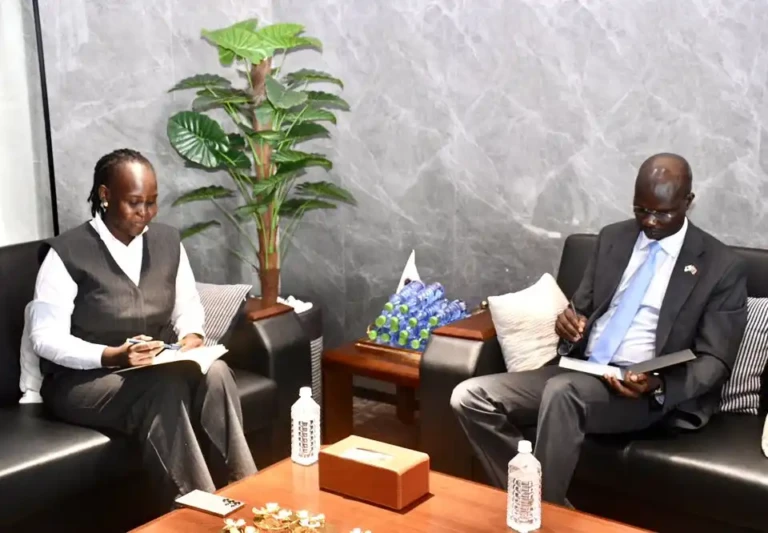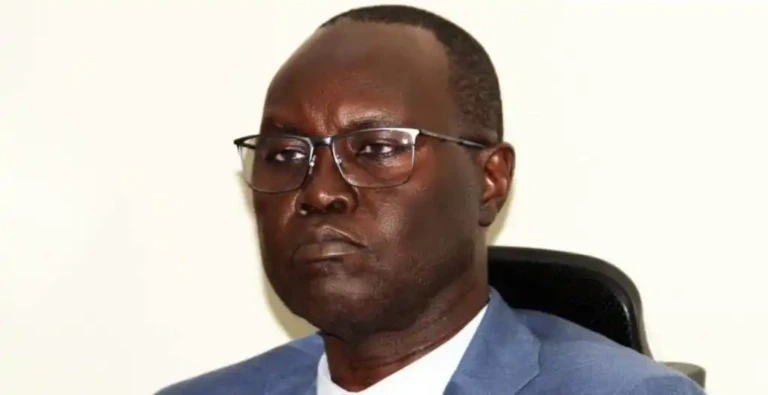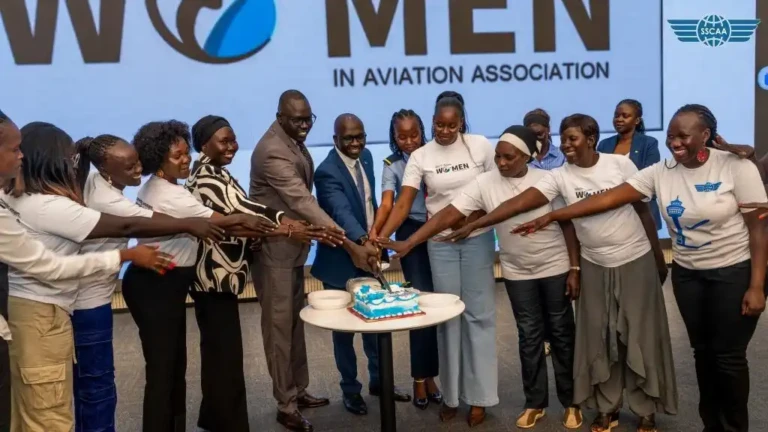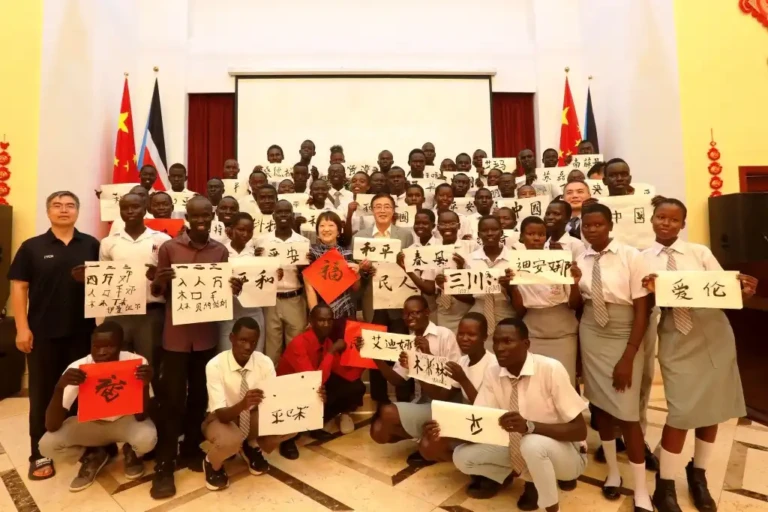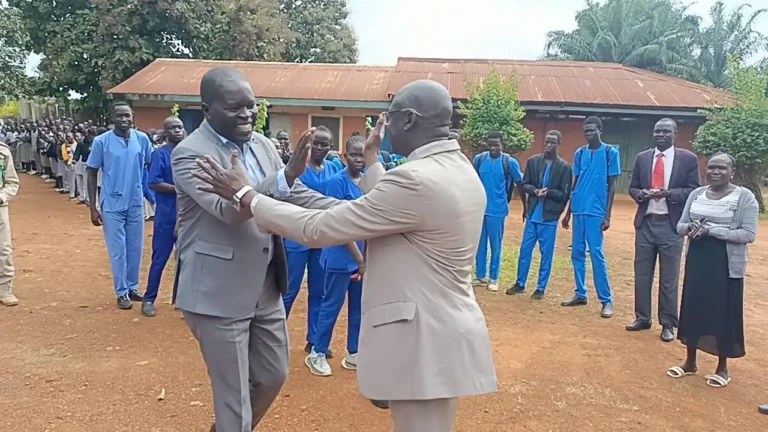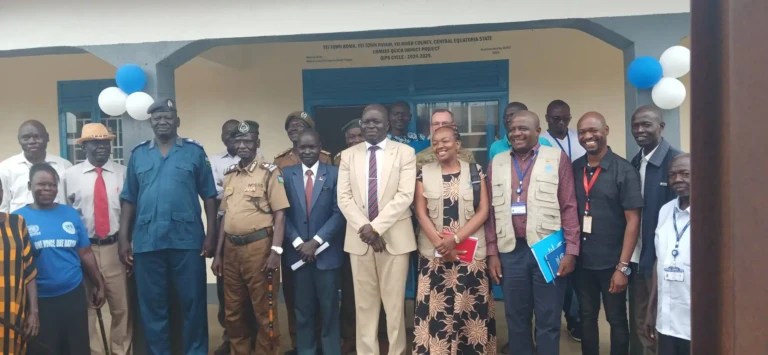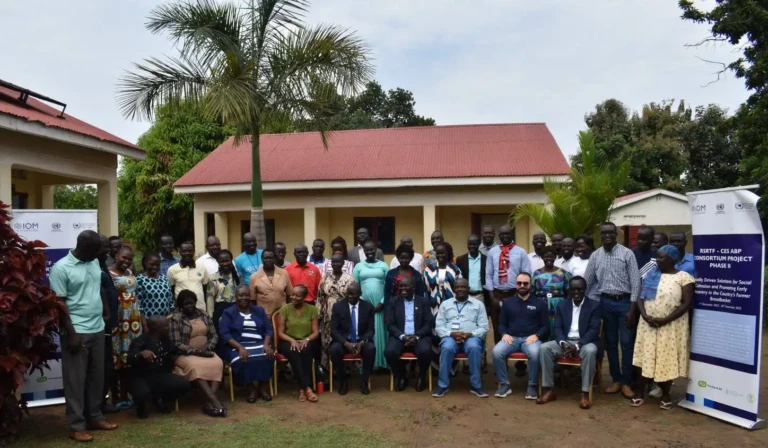
(Juba) – The Government of South Sudan has secured a total of $18,887,928 in foreign aid funding from international donors in 2025, aimed primarily at strengthening agriculture and responding to a worsening food security situation in the country. This funding comes amid ongoing challenges including flooding, climate-related shocks, and a growing number of returnees and refugees in rural areas.
The funding is part of broader commitments made by major donors, including the Food and Agriculture Organization of the United Nations (FAO) and several United Nations (UN) agencies. These contributions are earmarked for projects designed to help South Sudan build a more climate-resilient and productive agriculture sector while addressing urgent humanitarian needs.
Two key components of the funding come under the Climate Resilient Agri-Food Systems Transformation Program (CRAFT), led by the FAO. One contribution under this program totals $8,859,246 (approximately SSP 16.9 billion at current exchange rates), and is directed towards transforming agriculture in the country to be more adaptive to climate change, drought, and flooding. An additional $39.6 million was also pledged under the same program, although this amount remains a broader commitment not yet reflected in current disbursements.
In parallel, another major intervention comes from confidential UN agencies, aimed at dealing with the flood crisis and the challenges posed by an influx of returnees and refugees. These efforts are linked to the Rural Agriculture and Livelihoods Project (RALP) and include three focus areas: capacity building in good agricultural practices, direct investments to improve farming productivity, and technical assistance for project implementation. So far, $10,028,682 (approximately SSP 19.2 billion) has been committed to these efforts.
While larger total pledges have been made—including over $68.9 million when including still-undisbursed commitments—only $18.8 million has been confirmed and allocated so far. This gap between pledged and committed funds reflects the typical delays and conditionalities in donor funding processes, especially in fragile states like South Sudan.
The investments are intended to help mitigate the impact of repeated natural disasters, particularly floods that have destroyed crops and displaced rural communities. The support also aims to help South Sudan transition from emergency food relief toward more sustainable agricultural systems, improving livelihoods and ensuring food availability in hard-hit areas.
With continued population movement across borders and within South Sudan, especially as refugees return from Sudan and other neighboring countries, the strain on local food systems is growing. Aid targeting this pressure is seen as crucial by both government agencies and international donors.
Despite these welcome injections of support, development experts warn that South Sudan remains heavily dependent on foreign aid and still lacks the infrastructure, institutional capacity, and private sector investment needed to independently drive growth in its agricultural sector.
Still, for many farmers and displaced families across the country, the funding promises short-term relief and the seeds of long-term change if well implemented.
As of June 2025, no new pledges have been made, but government officials remain hopeful that additional donor support will come, especially with planting seasons approaching and humanitarian needs rising.
Discover more from Access Radio Yei News
Subscribe to get the latest posts sent to your email.

